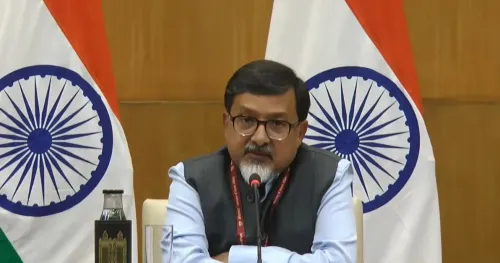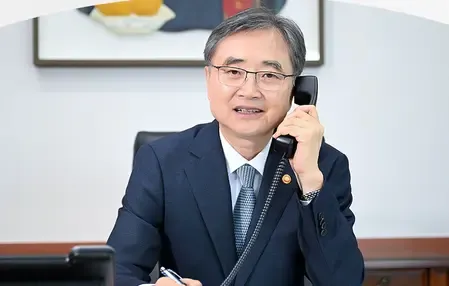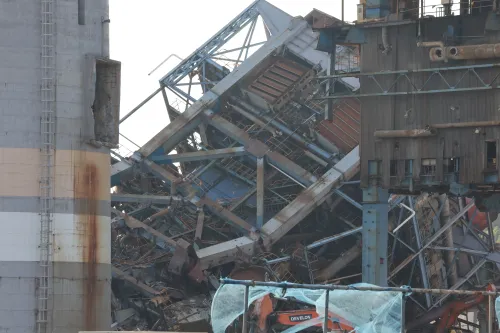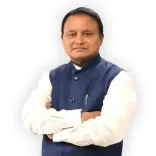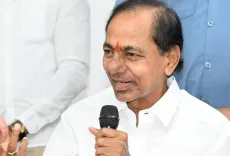Syria's Interim Government Reaches Agreement with Armed Groups on Military Reformation

Synopsis
Key Takeaways
- Syria's interim Defence Ministry has agreed with armed factions for a unified army.
- Integration plans involve the Syrian National Army and the Free Syrian Army.
- The focus is on building a professional army of volunteers.
- No sectarian autonomy will be granted to armed groups.
- Relations with Lebanon are also being prioritized amidst ongoing discussions.
Damascus, Jan 14 (NationPress) The interim Defence Ministry of Syria has reportedly come to an agreement with the majority of armed factions to establish a unified army, according to local media reports.
This arrangement encompasses a pact with factions from the so-called Syrian National Army in the north, outlining a strategy for their integration into the restructured national forces, as reported by Xinhua news agency.
As per the report, the ministry has dismissed any notion of sectarian, religious, or regional autonomy for armed groups.
Instead, the objective is to create a cohesive, professional army made up of volunteers rather than conscripts, as stated by an official from the ministry.
The ministry also intends to incorporate the former Free Syrian Army into the defense framework. The Free Syrian Army was a coalition of defected military personnel and civilian fighters that emerged in 2011 to oppose the preceding government during the civil conflict.
Al-Watan Online highlighted that this initial plan follows comprehensive discussions between defense officials and various factions. Negotiations with remaining armed groups are anticipated to proceed in the following weeks as Damascus aims to establish what it refers to as 'a robust national army.'
Earlier on Saturday, Syria's de facto leader, Ahmed al-Sharaa, reaffirmed neutrality in Lebanon's matters during a joint press conference with visiting Lebanese caretaker Prime Minister Najib Mikati.
"We will maintain an equidistant stance from all Lebanese," al-Sharaa stated at the press conference. He mentioned that both parties also discussed challenges such as smuggling between the two nations, border issues, and Syrian deposits in Lebanese banks.
"We are envisioning strategic, long-term relations grounded on solid foundations," he added.
Mikati echoed this sentiment, emphasizing the interconnected fates of the two countries.
"As long as Syria is stable, Lebanon is stable," he expressed, hoping that Damascus's efforts to address the Syrian refugee crisis could ease the burden on Lebanon. Mikati also praised the interim Syrian authorities' readiness to engage, noting that discussions with al-Sharaa included regional challenges and methods to strengthen bilateral relations.
Relations between the two neighboring nations have become strained in recent weeks. Syria has recently enacted restrictions on cross-border movement following security incidents along the shared border. Previously, Lebanese citizens could travel to Syria visa-free with just identification documents.


